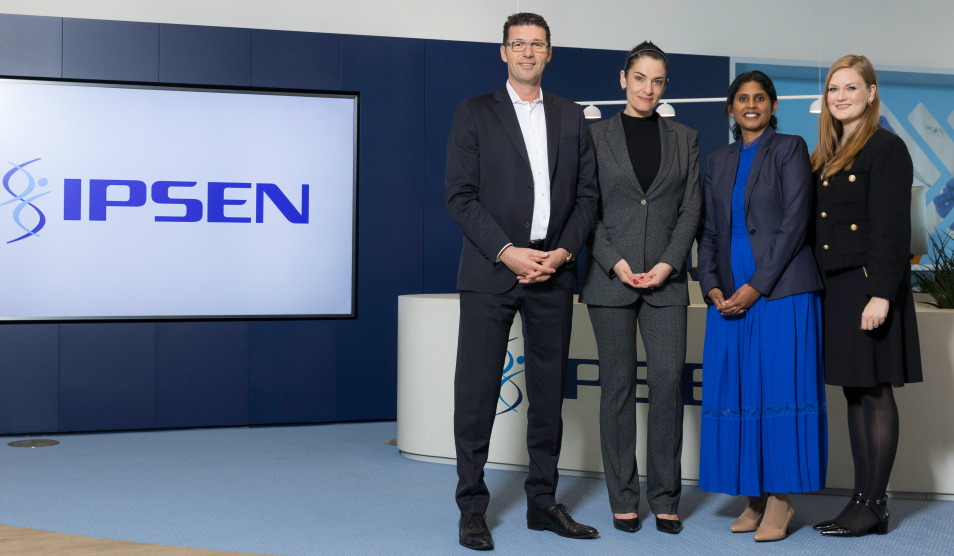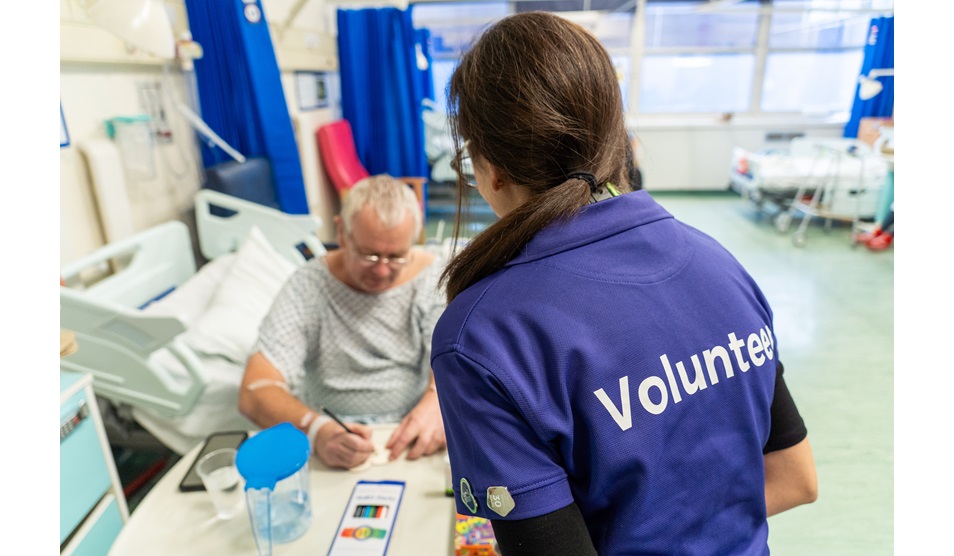Joint initiative to improve support for people living beyond cancer in North West London
Imperial College Healthcare NHS Trust in partnership with Macmillan Cancer Support have announced plans to improve the support provided to the growing number of people across North West London who are living for many years with and beyond cancer.
We are asking people from across North West London to talk to them about their experiences of living with cancer and the life beyond cancer treatment to help shape what future support should look like. The public are being invited to share their experiences online or by joining one of several focus groups that are being held across the region over the autumn.
By 2030 it is estimated that around 51,500 people across North West London will be living up to 20 years after a cancer diagnosis. This is up from around 26,600 at the end of 2010. It is great news that more people are living with and beyond cancer for longer. However, right now not everyone gets the support they need.
One person who struggled to get back to being themselves after cancer is Androulla who was diagnosed and treated for breast cancer by the trust in 2008. She says she struggled to cope after her treatment ended: "When you are undergoing cancer treatment you are in a ‘cancer cocoon’. What no one prepares you for is that when you emerge you might not be the same person as before. After my treatment ended, I felt like a ‘watered down’ version of myself. Aside from the physical changes to my body, I felt I had changed.”
From now until the end of December, Macmillan Cancer Support Imperial College Healthcare NHS Trust will be encouraging people who have been affected by cancer to share their experiences with them. They hope to use this information to shape the second year of their joint three-year programme to improve the experience of people living with and beyond cancer across the region. Macmillan Cancer Support is investing nearly £3 million over the three years to help deliver improvements which build on Imperial College Healthcare NHS Trust’s world class clinical outcomes.
Anyone can share their experiences and opinions on what makes it easier or more difficult to get back to being yourself after cancer by visiting the engagement website. From there they can also book a place at one of a series of focus group sessions which will explore the issues around life after cancer in detail being held across the area over the coming weeks.
Nikki Cannon, Strategic Partnership Manager for Macmillan Cancer Support says that not everyone realises that there can be enduring effects of cancer. “It’s not as simple as being cured and getting back to normal. Many people have long lasting consequences of their cancer. It may take time to find out what feels normal for you. Physical changes to your body or appearance can be difficult to deal with and some people can become depressed. It can also be hard for carers and those close to someone who has had cancer to adjust once their loved one’s treatment ends.
“Four in five people with cancer are £570 a month worse off as a result of their diagnosis so there are practical concerns about managing money getting back to work and dealing with how your relationships have been affected. You can feel lost and cast adrift.”
Dr Catherine Urch, Imperial College Healthcare NHS Trust’s Lead for Cancer and Chief of Service for Oncology explained why she is keen for as many people as possible to contribute to the engagement: “Right now we know that not everyone gets the support they need after their treatment ends. We want to put people affected by cancer at the heart of everything we do because they know the most about living with and beyond cancer.
“Many of the things that people need to help them live well with and beyond cancer sit outside the hospital’s walls, out in the community. That is why we will be working closely with patients, primary and community healthcare providers, social care organisations and getting out into the community to meet with patient and carer support groups to shape this work.”
To find out more, share your story, book a place at a focus group or join the conversation on social media log on to www.imperial.nhs.uk/lwbc.



